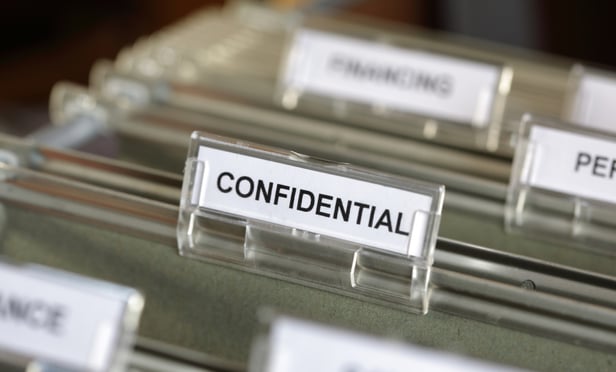Privilege for in-house counsel at law firms is a tricky issue, and it’s been trending in a good direction for the lawyers of late. But will the trend line keep moving up? Karen Rubin of Thompson Hine examines two recent cases that demonstrate the uncertainty in this area and suggest the trend could move in either direction in 2015.
The New Hampshire Superior Court and the New York County Commercial Division recently weighed in on the issue. This is what they had to say:
- New Hampshire: In this case, the defendant law firm received a favorable ruling that emails it attempted to shield from discovery were privileged, says Rubin, “even though the firm’s ethics guru was not officially designated ‘firm counsel.’” To make the analysis, the court came up with a four-part flexible test, which assesses: 1) whether a genuine attorney-client relationship existed between the lawyer seeking advice and the lawyer dispensing it; 2) whether communications were intended to advance the firm’s interests; 3) whether communications were kept confidential; and 4) that no exceptions to the privilege applied.
- New York: In contrast to the court in New Hampshire, the New York court ordered a law firm to hand over 24 documents. “Without extensive analysis, the court agreed with the malpractice plaintiff that the firm lawyers did not expect their communications with the firm’s general counsel to be kept confidential from the client,” explains Rubin. This decision is under appeal.






